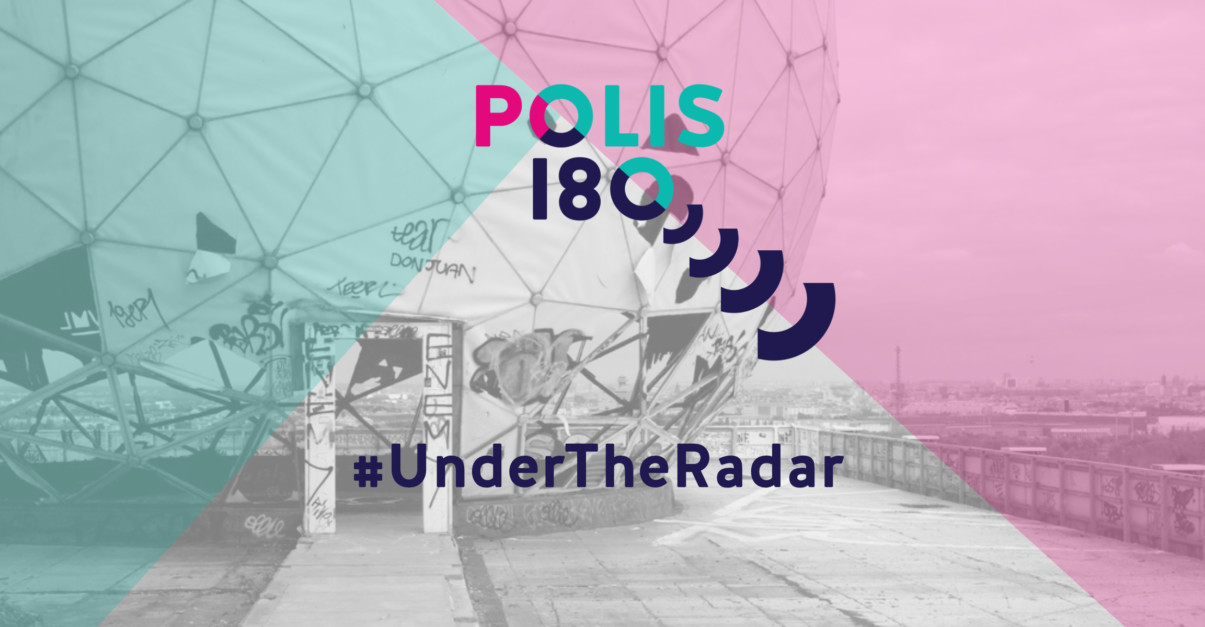In another episode of #UTR, the Polis Blog presents four news stories that undeservedly slipped through the cracks of last month’s media attention.
A Column by Anne-Kathrin Glück
When it’s time to restore rights and public morality because majorities hold up to traditions and memories of law and order, remorse over deceptive crisis management blends in with the notion to sustainably influence the presence. To fall back on practised theories is according to Edmund Burke by no means detrimental to the evolutionary progress which remains to be shaped. Thus if the popularity of reactionaries rises than most certainly with the aim to break the crisis circle of recent years. Yet the progress of international integration cannot stand still just because traditional theories ought to manage economic profit. Bigger ideas should simultaneously evolve on a readily accessible platform, not to outweigh short-term solutions but to meet new challenges in a hyperconnected world.
Polis Programme European Union: Will Tax Reforms Trigger New EU-Exits?
The European Commission published a proposal including new corporate tax reforms for the single market. Coherent taxation rules will affect both European companies and non-EU companies. There is no doubt that the Commission’s political interference in the single market will have a big impact on US businesses that enjoy relatively low tax rates in certain EU members states. Just recently, the Irish finance minister Michael Noonan pledged that Ireland’s corporate tax rate for foreign businesses will not change.
Why should this be on our radar? Next exits after Brexit are almost inevitable as the Commission remains determined to harmonise the European Single Market whereas some member states have clearly no interest to adjust to higher tax rates.
Polis Programme Migration: Early Elections in Balkan State to End Political Crisis
Macedonia has extended the migration state of emergency until June 2017, ahead of early parliamentary elections on 11 December. The polls will decide over the ongoing political crisis and the future of the country with regards to EU accession. Although massive protests have hit the Macedonian capital, ex-Prime Minister Nikola Gruevski believes his conservative party will remain in power and is reaching out to big investors from outside the EU. Meanwhile the government’s opposition also feels positive about the results and looks forward to becoming a full EU member.
Why should this be on our radar? The migrant crisis still has a huge impact on national elections and referenda seeing mostly conservative parties leading the votes.
Polis Programme Peace & Security: China’s Railway to Europe
A year after the 16+1 format including China and Central and Eastern Europe (CEE) announced that Latvia will be a key player in realising the Chinese initiative, the first Chinese container train is finally heading for Riga. Once it arrives, a 16+1 summit is set to take place in early November to strengthen economic ties between China and European business partners. In 2013, the Chinese government proposed an ambitious plan to further enhance the Silk Road Economic Belt called the One Belt, One Road initiative, which foresees the expansion of Eastern European infrastructure networks. China and Russia agreed concurrently to keep the Eurasian Economic Union part of the Silk Road project.
Why should this be on our radar? Although the EU has strongly supported Chinese investment critics are uncertain about the EU’s long-term benefits.
Polis Programme Digitalisation & Data Security: Next Step Digital Farming
The desire for a digital push in Europe’s agriculture comes as EU leaders finalise and sign CETA with Canada. In order to be able to compete with much better equipped Canadian farmers representatives of the European agriculture sector demand better support from EU institutions to initiate the much needed digital innovation process. Farming 4.0 appears on the Commission’s agenda for 2017, however, the costs that come with new technologies add to the pressure for farmers to keep up with global agriculture companies.
Why should this be on our radar? TTIP and CETA opponents have always pointed out how damaging free trade deals are for regional farming. It is therefore necessary to take fear and worries into account and act on these issues.
In this editor’s column, newsworthy issues in foreign policy that slipped through the cracks of public attention are informally listed in a Top 4 linked to the four Polis180 Programs European Union, Migration, Peace & Security and Digitalisation & Data Security.
Image source: „teufelsberg ii“, von Büsenfeld, http://bit.ly/1RMYPlj, lizensiert unter Creative Commons license 2.0.: https://creativecommons.org/licenses/by/2.0/.
